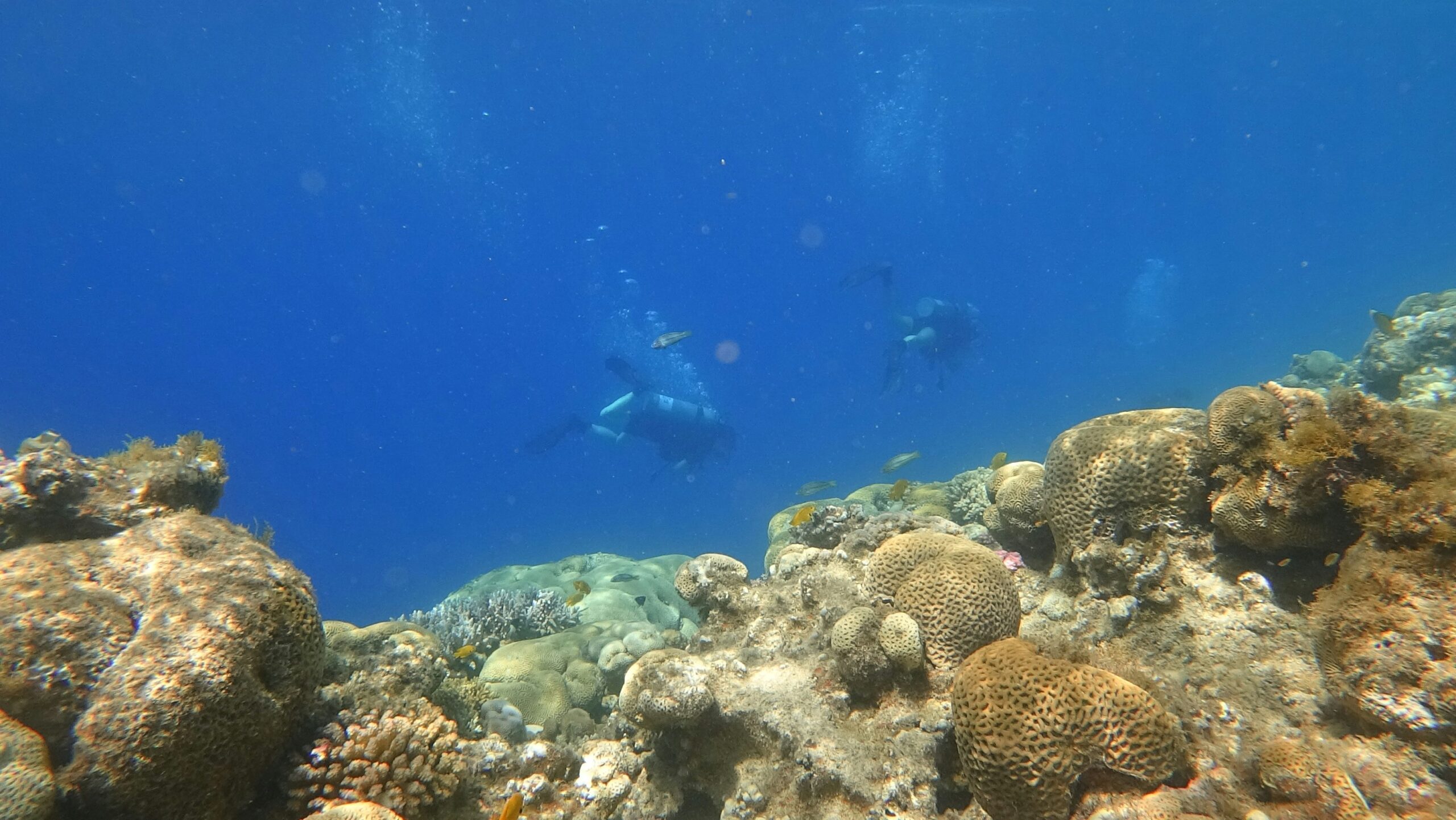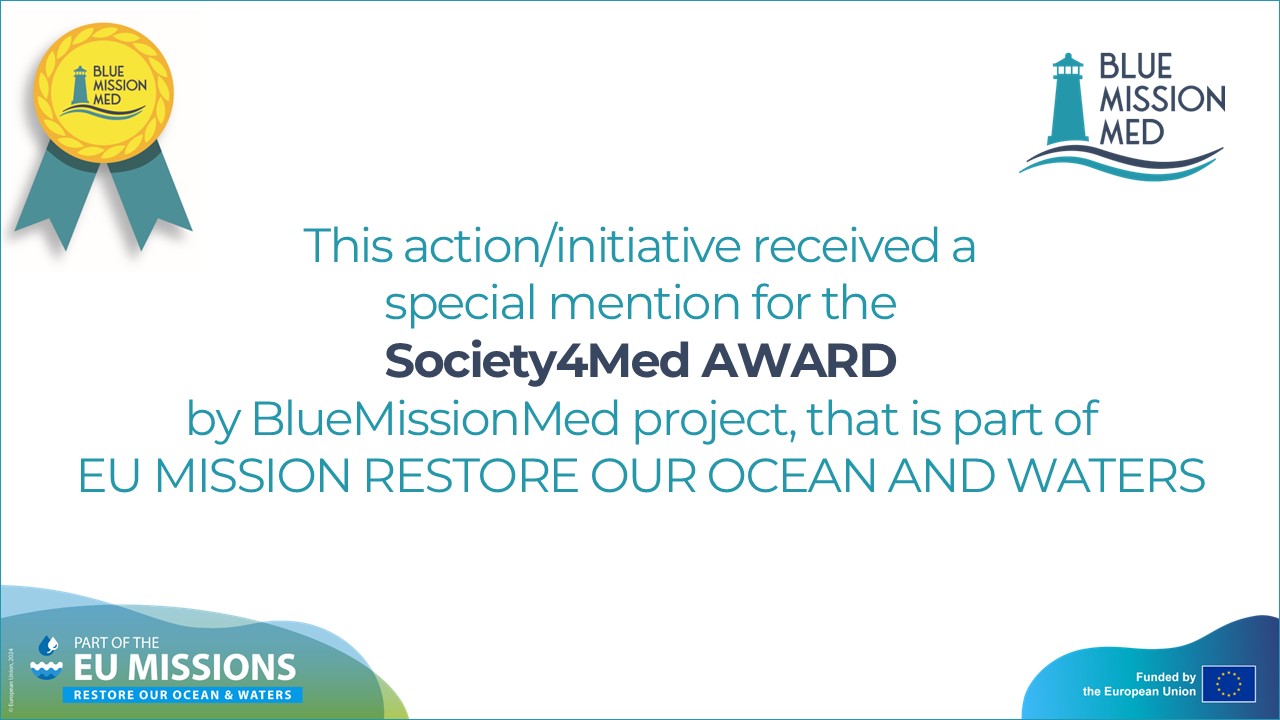Update — 5 Min Read
The Nations Are Not United – Plastic Treaty Fails Predictably
5 Min Read
The Nations Are Not United – Plastic Treaty Fails Predictably
How many garbage trucks’ worth of plastic do you think get dumped into all of Earth’s natural waterbodies a day? If your answer is 2000, you are correct!
Oh, and what if I also put it out there that, at our current pace, plastic production could potentially go up by 70 % by the year 2040?
With how well-known the threats posed by plastic pollution have become at this point, you might be wondering why we still have to settle on a worldwide agreement to address this ongoing crisis.
The short answer? Politics as usual. The long answer? Well…
What Happened?
Two years ago, the Intergovernmental Negotiations Committee on Plastic Pollution launched a commitment to finalise an agreement by the end of 2024. On the 25th of November, over 3300 delegates and participants met in the city of Busan, South Korea. One week later and negotiations ended in a stalemate.
Though the “High Ambition Coalition”, comprising the European Union, the United Kingdom, Canada and several African, Latin American and Pacific countries represented a majority in this summit, they were opposed by the “Like-Minded Group” of countries with economies reliant on the oil industry, from which plastic is manufactured. The latter faction was led by nations such as Russia, Saudi Arabia, Iran, Kuwait and India.
It was the proposed Article 6 that was the main cause of division. This would have imposed a cap on production which studies have consistently proven is an essential requirement to help combat plastic pollution.
Opponents to this proposal made a selective use of research findings in support of their positions, downplaying and ignoring the actual scientific community consensus. The lack of willingness to compromise from either side led to an impasse in the negotiations.
What’s Next?
Talks are set to resume in 2025 at a currently unspecified date.
Whether a collective agreement can be reached remains to be seen, with discussions of a possible supermajority vote to ratify the agreement in the event of failure to overcome this impasse. Would this actually be necessary? Experts have offered mixed opinions on the matter.
On the one hand, Ocean Conservancy senior manager for international plastics policy, Felipe Victoria, has pointed out that the Paris Accords of 2015 took 9 years to be launched and the High Seas Treaty of 2023 took 19 years. This means that the negotiations are at an unprecedented pace and it probably would not be worth alienating dissenting countries who could just opt not to implement the final agreement.
Foreign Minister of South Korea, Cho Tae-yul has argued that a compromised deal would be better than no deal at all.
On the other hand, NGOs have warned against the idea that everything can be resolved with more preparation, citing previous COPs on climate change and biodiversity.
Further complicating this situation is the recent victory of Donald Trump in the 2024 United States presidential election. Already Trump has been known for his withdrawal of the US from the Paris Accords and his support of the fossil fuel industry. It is widely suspected that regardless of whatever the new administration’s official stance on the matter will be, it will not be to the benefit of the “High Ambition Coalition”.
In turn, many supporters of the treaty have exhibited resistance to the pushback. Delegate of Panama, Juan Carlos Monterrey Gómez, has gone as far as describing this dilemma as a “moral failure”, calling on allies to be “relentless” and not to accept a weak treaty.
Any Room For Optimism?
Shortly after the adjournment of the proceedings, a panel was held by Newsweek which was attended by numerous guests from various industries who offered a positive outlook on the current state of the negotiations.
While it was agreed that not being able to secure a strong agreement was disappointing, vice-president of the World Wildlife Fund, Erin Simon, has stated it does not mean the effort was a downright failure.
Vice-president of Packaging Sustainability of Mars, Allison Lin, concurred, arguing that having more time for a stronger treaty is better than accepting a watered-down treaty.
Jeff Young, who moderated this panel, pointed to the substantial awareness worldwide of the plastic pollution crisis, citing a recent survey from Keep America Beautiful where almost two thirds of responses gave the US’s performance on recycling a mediocre or bad grade.
Can the treaty be saved? The experts seem to believe so but only time will tell…
By Denzel Lanzon, for Esplora








